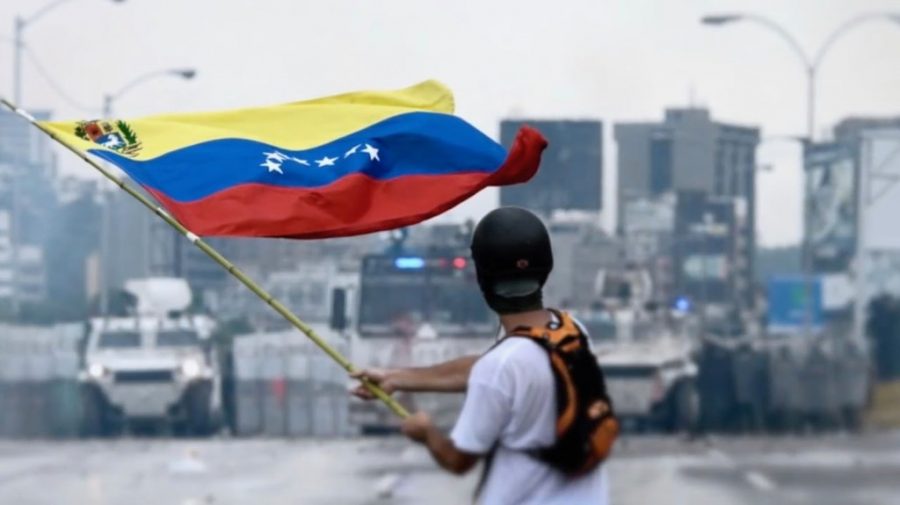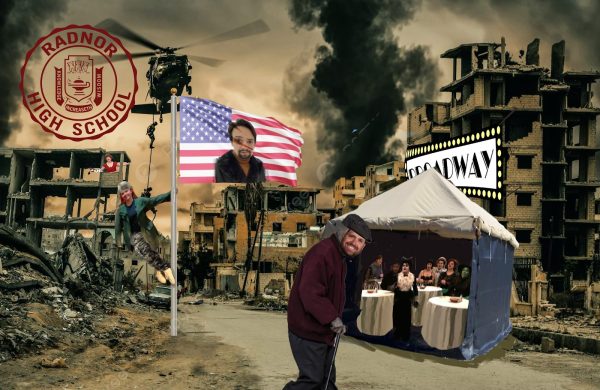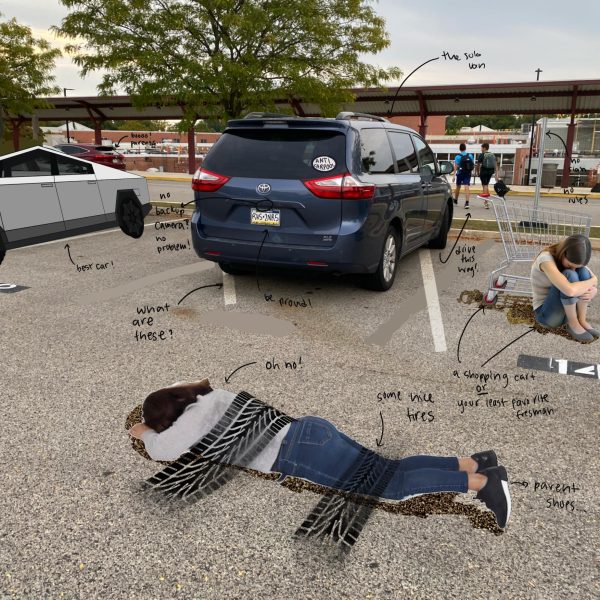The Venezuela Crisis: Human Rights Vs. National Sovereignty
February 14, 2019

On January 11th, 2019, hundreds of thousands of Venezuelans crowded onto the streets and protested against the current Maduro Administration, provoking global attention onto this country in great crisis.
This event became so intriguing to the public, as it incorporates a few long-debated topics in modern politics as follows:
- Are socialist-dominated policies an efficient system when actually being applied?
- What should be the foundation of the legitimacy of presidency in modern democracy?
- How should international society balance between human rights and national sovereignty while interfering in other countries internal affair?
With the largest oil reserve in South America, since 1950s, Venezuela saw a steady economic growth as a result of its massive oil exports. In the following decades, the country accumulated an enormous amount of wealth, making it the most affluent country in South America, attracting immigrants from neighboring countries. How did such a prosperous country come into today’s position, where food and energy shortage concerned the majority of its citizens, who often earn less than ten dollars per month?
Before late 90s, the Venezuelan economy was overall very stable, only suffering from a short collapse of oil price in the 80s, which caused periods of light inflation. In the year of 1999, a propagator of “socialism for the 21st century,” Hugo Chávez was elected as the president of Venezuela. After adopting a new constitution, Chávez started enacting social reforms as part of his “Bolivarian Revolution.” Noticing the profits in the Venezuelan rich nature resources, he started the nationalization process of key resource industries, including its most renowned oil industry. Petróleos de Venezuela of PDVSA, a state owned oil company founded in 1976, was utilized as the tool for the government to seize control over the then mixed-ownership oil industry. Major private-owned companies were expropriated under PDVSA’s control. During mid 2000s, the nationalized oil industry contributed greatly to the economy of Venezuela, leading to the reduction of poverty, economic inequality, and improvements in population’s literacy and quality of life. However, similar to many other socialist regimes with unsustainable social distribution systems, these gains started to reverse after 2012 as a result of structural bureaucratic corruption, reducing oil stock and lack of long term economic growth incentives. The populist policies were finally proved to be inefficient, leading to a severe socioeconomic crisis in Venezuela.
By the time of Nicolas Maduro’s succession, the consequences this system had erupted. As the inflation rate exceeds one million percent in 2019, even the cost of producing currencies become higher than its purchase power. The unprecedented inflation turned into a complete disaster for Venezuelans. The rich people who foresaw the inflation transferred their wealth overseas and planned for emigrations, while the majority of citizens were stuck in Venezuela to fall with their nation. Chaos quickly spread all over the country. To ensure the stability of his reign, Maduro directed assassinations towards his political opponents, which aggravated the tension.

It is under these circumstances, the former President of the National Assembly, the head of the “Popular Will” party, thirty-five-year-old Juan Guaidó claimed himself the interim president of Venezuela. According to Article 233 of Venezuelan Constitution, the president of the National Assembly can take over as the interim president when the “president-elect is absolutely absent.” Since there is evidence suggesting that Maduro may have manipulated the election results illegally, Juan Guaidó claimed that he is “formally assuming the responsibility of the national executive,” to replace Maduro’s presidency. Although Maduro is in control of the state’s television channels and actively propagandized through the channels, poll results show that eighty percent of the people are “sick of Maduro.” On the other hand, the opposition leader Juan Guaido is widely embraced by the public, which further solidifies the legitimacy of his position as interim president.
Aside from popular will, from realpolitik perspective, Maduro also obtains support from the nation’s Supreme Court and the military, since Major General of the country, Manuel Quevedo, is also in possession of the interest-related PDVSA. In comparison, while lacking the domestic military control, Juan Guaido holds international solidarity from the US and twenty-one other countries, which all recognized the legitimacy of his presidency and are even providing potential military support from America. It is seen on a note carried by an US National Security Advisor on which it states “5000 troops to Colombia.” As a matter of fact, a few Venezuelan military generals have defected from Maduro just a few days ago under the pressure of the US interference. Maduro’s allies, Iran, Russia, and China, provided limited support from the Eastern Hemisphere.

In conclusion, with both the popularity and the technical comparison, it would be safe to say that the downfall of Maduro is only a matter of time. The aftermath of this crisis will leave only two socialism countries in South America: Cuba and Bolivia, which will help the US to regain its leadership position in the region.
Answers to the three central controversies through this event:
- Socialism governments reduce economic diversity and will not last long unless an absolute government is in charge of the distribution of goods. Furthermore, public-distribution policy will lead to people having no incentives to work diligently.
- The foundation of the legitimacy of presidency depends on an impartial poll system in the democratic society. When a well-designed election system is not present, the people of the nation shall have the right to choose their ruler.
- In countries that needs international solidarity, there often exists a disparity between human rights and the national sovereignty. It is necessary to remember that physical(military) interference with a country’s internal affair is allowed when the latter has been placed higher than the former by the domestic government.







